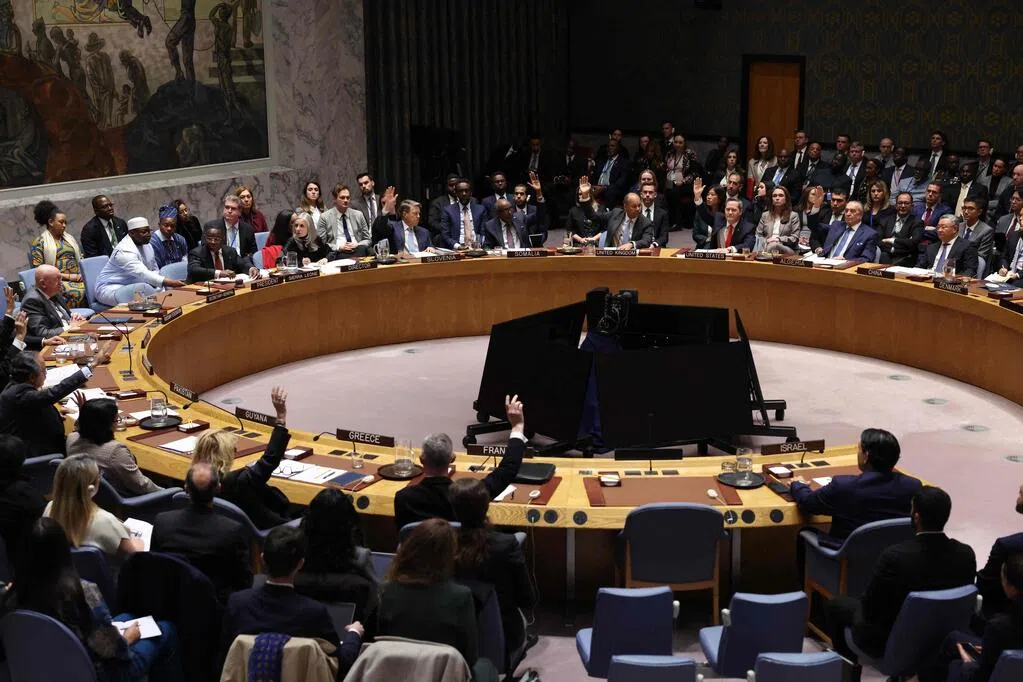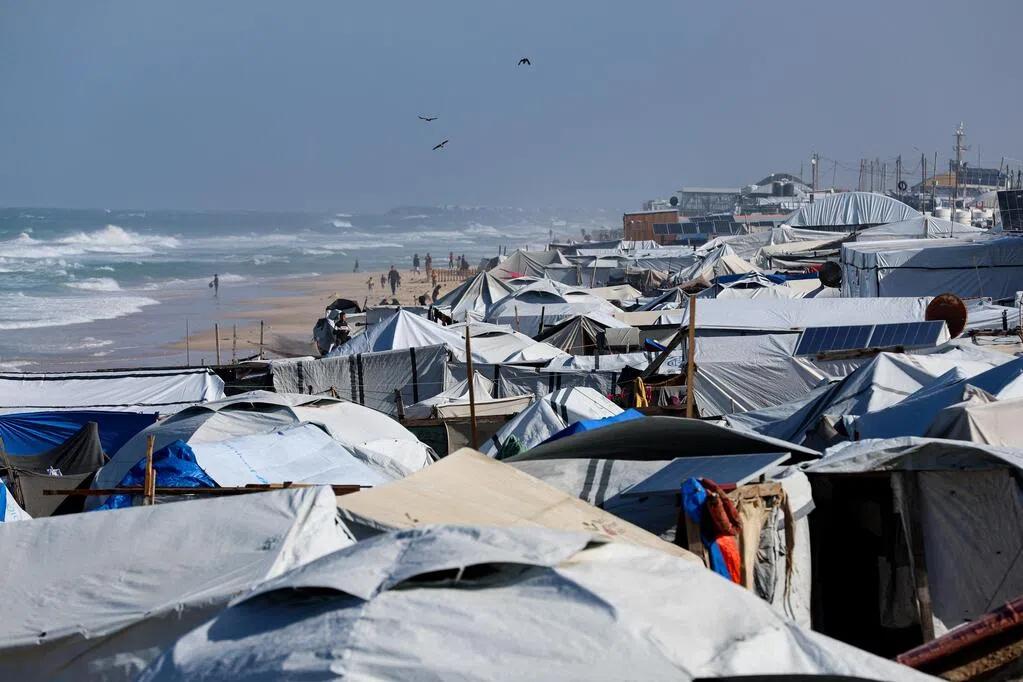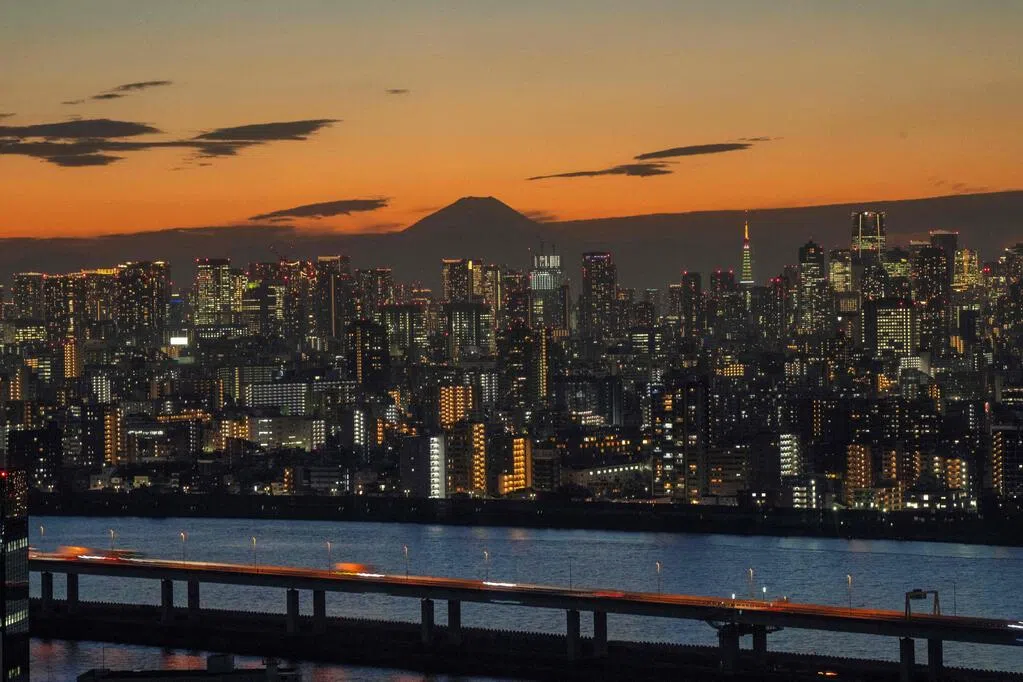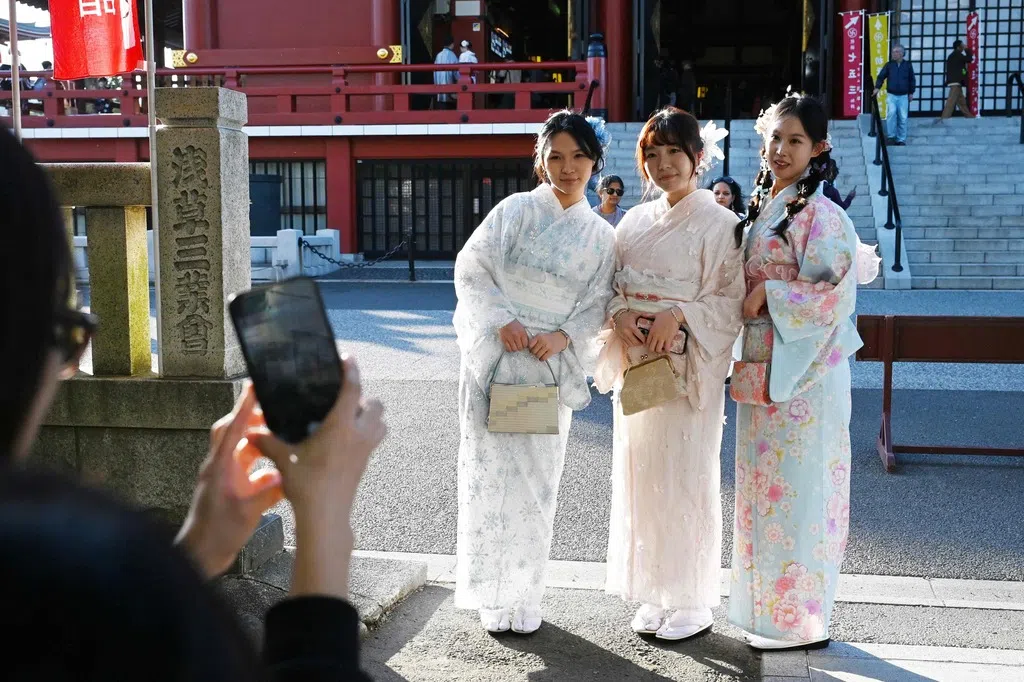(United Nations) The United Nations Security Council adopted a US-proposed resolution supporting the establishment of a Peace Council, the deployment of an international stabilization force in Gaza, and paving the way for a future Palestinian state. However, due to a lack of details, the resolution faces numerous challenges in its implementation.
The UN Security Council adopted the resolution on Monday (November 17) with 13 votes in favor and zero against. Russia and China abstained.
The resolution welcomes the establishment of a Peace Council as a transitional administrative body for the Gaza Strip, based on Trump's 20-point plan. The Council's term will end on December 31, 2027, and the Security Council may extend it if necessary. In theory, Trump will preside over the Council.
The resolution also authorizes UN member states and the Peace Council to form an international stabilization force in Gaza, working with Israel, Egypt, and the Palestinian police to maintain stability in the border region and ensure the demilitarization process in Gaza.
The resolution also mentions the possibility of Palestinian statehood, but the wording is vague, stating that once the Palestinian Authority completes reforms and reconstruction efforts in Gaza make progress, "Palestine may finally have a reliable path to self-determination and statehood." Further Reading


Trump stated that the vote "recognizes and supports the Peace Council chaired by me...this will be one of the most significant resolutions ever passed by the United Nations and will further bring peace to the world."
The Palestinian Authority welcomed the adoption of the resolution and indicated its readiness to participate in the implementation of the peace plan. Palestinian Foreign Minister Farsin, visiting the Philippines on Tuesday (18th), described it as "the first step on the long road to peace." However, he also acknowledged that other issues remain to be resolved, including Palestinian self-determination and eventual independence, and that the implementation of Trump's peace plan must be bound by international law.
Israel opposes Palestinian statehood; Hamas rejects international guardianship mechanism.
The office of Israeli Prime Minister Netanyahu issued a statement on the same day saying, "We believe that President Trump's further plans will bring peace and prosperity...this will further promote the integration of Israel with its neighbors and expand the coverage of the Abraham Accords." However, Israel remains firmly opposed to Palestinian statehood.
Hamas criticized the resolution for imposing an international guardianship mechanism on Gaza, stating that it is inconsistent with the political and humanitarian demands and rights of the Palestinians, and that Hamas and various factions reject it.
Last month, Israel and Hamas agreed to a ceasefire under the first phase of Trump's peace plan. The UN resolution is crucial for granting legal status to the Gaza Transitional Administrative Authority and for reassuring countries considering sending troops to Gaza.
The Indonesian Foreign Ministry welcomed the resolution's adoption on Tuesday, emphasizing the importance of participation from all parties, particularly the Palestinian Authority. Indonesia had previously stated its readiness to deploy up to 20,000 troops to Gaza.
However, The Times of Israel points out that persuading other countries to participate in the international stabilization force will be a formidable challenge for the United States. Many Arab countries are reportedly hesitant to send troops, especially since these troops might be tasked with disarming Hamas.
The resolution's ambiguous wording may face implementation difficulties.
CNN, citing Western diplomatic sources, reported that the resolution's ambiguous wording and lack of a clear timetable for regime transition could lead to difficulties in implementation.
China's Permanent Representative to the UN, Fu Cong, also pointed out on Monday that the resolution is vague on many important issues, expressing deep concern about its textual flaws.
Russia's Permanent Representative to the UN, Nebenzia, argued that the resolution undermined the two-state solution framework and improperly granted international forces the power to conduct peacekeeping operations, effectively turning them into a party to the conflict. Despite this, neither China nor Russia exercised their veto power.
On the other hand, violence escalated in the West Bank. Israeli Prime Minister Netanyahu vowed on Monday to severely punish the "minority of extremists" among Israeli settlers who were causing violence.
Earlier that day, members of an organization called "Hilltop Youth" clashed with security forces dismantling illegal settlements, resulting in the burning of houses and vehicles in a Palestinian village.
Violence in the West Bank has risen sharply since the outbreak of the Israeli-Kazakh war. The UN said there were 264 attacks by Israeli settlers against Palestinians last month, the highest number since records began in 2006.



